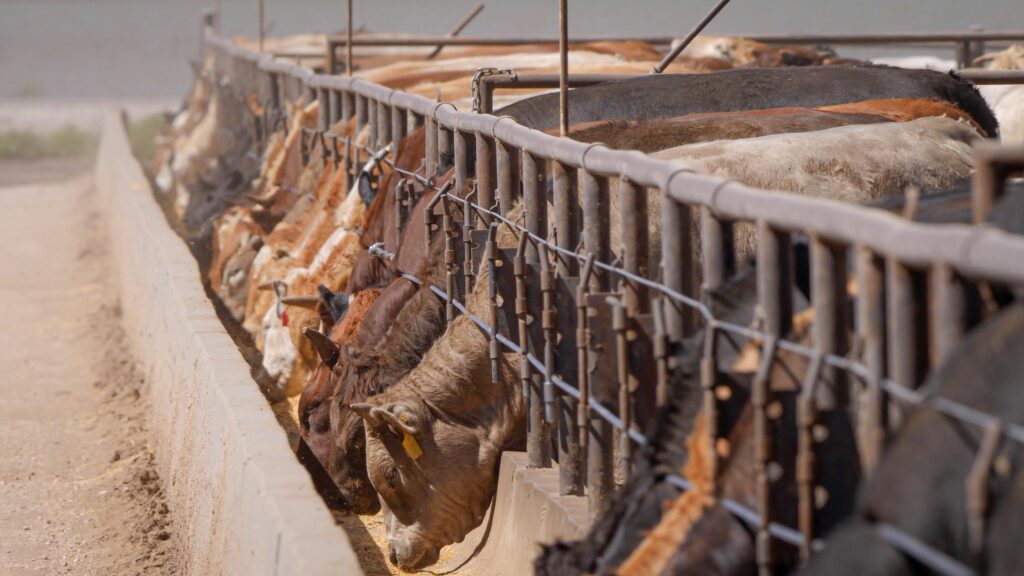Home / Environment / Cattle Farms Exempt from Pollution Reporting, Sparking Environmental Outcry
Cattle Farms Exempt from Pollution Reporting, Sparking Environmental Outcry
7 Oct
Summary
- Environmental groups appeal court ruling upholding EPA exemption for livestock pollution reporting
- Ammonia and hydrogen sulfide from animal farms linked to more deaths than coal plants
- Cattlemen's association celebrates "onerous and unnecessary" reporting rules being lifted

In a recent development, environmental groups have appealed a federal court's decision to uphold an EPA rule that exempts livestock and poultry operations from reporting significant releases of air pollutants. The groups allege the rule is unlawful and that exposure to ammonia and hydrogen sulfide from these operations is responsible for more deaths annually than exposure to air pollution from coal plants.
The National Cattlemen's Beef Association, which intervened in the case, celebrated the court ruling in its favor, stating the rules were "onerous and unnecessary" by requiring producers to file "complex, overreaching reports." However, the environmental groups argue that the pollution reporting requirements are designed to ensure communities and emergency responders have access to information necessary to protect themselves from harmful exposure to these hazardous substances.
The case involves two federal laws, the Emergency Planning and Community Right-to-Know Act (EPCRA) and the Comprehensive Environmental Response, Compensation, and Liability Act (CERCLA), which require certain entities to notify the EPA and local officials of potentially dangerous releases of hazardous substances. In 2019, the EPA filed a final rule to exempt animal waste emissions from EPCRA requirements in order to match the regulations to the recently changed CERCLA rules.




